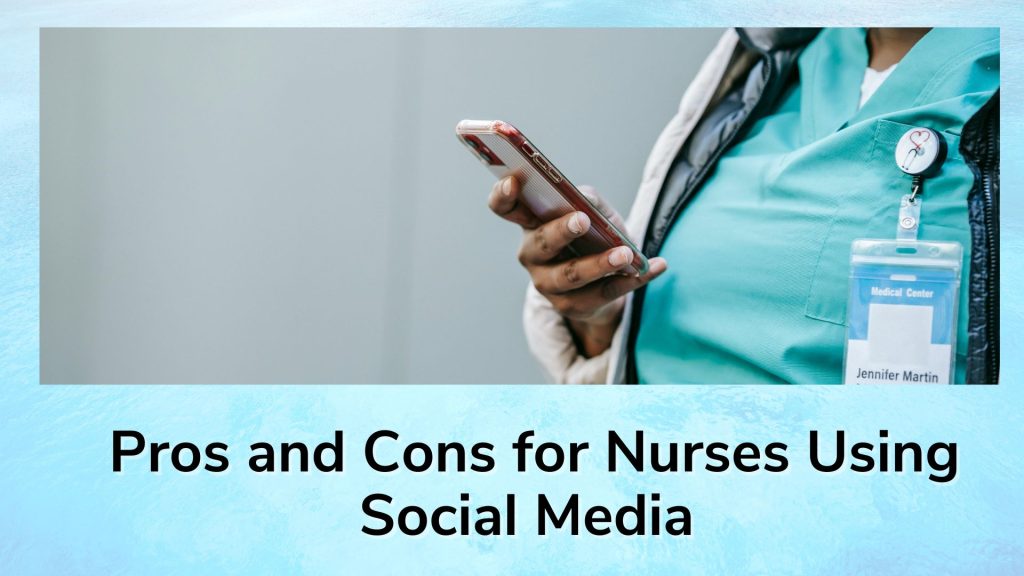- Oak Brook:(630) 705-9999
- Chicago:(312) 920-8822
- Email:inquiry@vervecollege.edu
- Make a Payment
- Home
- Programs
- Admission
- Resources
- ATI Entrance Exam Resources
- New E-Digital Library
- Refer a Friend
- School Newsletter
- Events
- Employers
- Job-Network
- Alpha Beta Kappa Candidates
- Verve College Library
- Graduation and Pinning Ceremony Photo Galleries
- Textbook Information
- Career Services
- Tutoring
- School Catalog
- FAQ
- Constitution Day Program
- Alumni
- Verve College Plans
- Financial Aid
- HEERF Reporting
- Satisfactory Academic Progress
- Apply For Financial Aid
- Net Price Calculator
- Return of Title IV Funds (R2T4)
- Financial Aid Office Code of Conduct
- Contact
- FAQs
- Verification Policy
- Vaccination Policy
- Student Right-to-Know Act
- Misrepresentation
- Information Security Program
- Academic Award Year
- Availability of Employee
- Cost of Attendance
- Health & Safety Exemption Requirement
- Students Rights and Responsibilities
- Leave of Absence
- Pell Formula
- Military Students
- Grants/ Scholarship Policy
- Contact Us
- Testimonials
- Blog
Is a Nursing Career Right For You?
Take The Free Quiz
What are the Pros and Cons for Nurses Using Social Media?
What are the Pros and Cons for Nurses Using Social Media?
Social media has changed since its inception. The platforms, which were initially created to help people connect and interact, are now used by hundreds of millions of Americans to share news, spread information, and engage in various forms of communication. It also helps health professionals interact with the public.
Pew research data from 2021 shows approximately 69% of Americans have used Facebook. 81% have used YouTube, and 40% have reported Instagram usage. Check out the full list of advantages and disadvantages for nurses using social media in healthcare facilities.
Advantages and Disadvantages for Nurses of Using Social Media
Nurses and Social Media: Benefits
Social media can help spread health information in many ways. For instance, three men with Amyotrophic Lateral Sclerosis took to social media in August 2014. They posted a video where they dumped buckets full of water on each other to raise awareness. The person who got drenched nominated a friend to do so. The ice bucket challenge went viral and raised over $114 million for ALS research in a month.
Social media in health care is not just about viral campaigns. If messages are correctly crafted, they can engage patients in various health topics. Examples include proactive health reminders, such as scheduling an annual check-up, crisis communication, and reducing misinformation. Healthcare professional can use social media to promote their clinical practice learned from ATI nursing school to enter in nursing profession. According to the American Association of Nurse Practitioners, Social media usage for NPs to connect with local potential patients.
Social Media and Nurses: The Challenges
Inappropriate use of social media platforms. It is important to note that using social media for nursing can be challenging. In October 2021, for instance, a Miami-based health care team was fired because she had posted pictures of a newborn with a congenital disability on Instagram. According to news reports, the neonatal intensive care unit nurse uploaded two photos of this baby in clinical settings. According to a nursing homes or hospital spokesperson, sharing such photos violates the privacy rules of the health insurance portability and accountability act.
Related:- 4 Phases of Nurse-Patient Relationship
Medical professional must not only follow HIPAA guidelines but should also be cautious with what they post. According to a 2018 CareerBuilder survey, 70% of employers screen candidates on social media, and 43% monitor their employees’ social media profiles.
New platforms and social media sites can present new challenges. In November 2020, one nurse., got into trouble after posting a TikTok clip that violated COVID-19 health and safety protocols in residential care facility. The licensed nurse said she still traveled frequently, didn’t wear a mask on the road, and let her children have playdates. Her employer knew about the popularity of the video, which attracted millions of views.
The hospital placed her on administrative leave and then posted on social media, “This careless comment doesn’t reflect Salem Health or the hardworking healthcare team here for doing a basic patient care in health care settings .”
I hope that this brief overview of the advantages and disadvantages for nurses of using social media provides enough information for students.
How to Create a Proper Social Media Presence?
These guidelines will allow individual nurses to expand their social media presence.
- Select your media outlets carefully: Different platforms appeal to particular groups. Post to your audience. WHNPs, for example, prefer to post on Facebook over TikTok.
- Create your message. You want your audience to see you as an expert in your field. Choose messaging and content that reflect your knowledge and expertise in healthcare settings.
- Consistency is key. If you want to grow a following, posting regularly is crucial. Create (and stick to) a posting schedule for each channel in which you are active.
- Be responsive. Are your posts attracting attention? Are your followers asking questions or making comments? Answer their questions. Engaging with your followers will improve your credibility and increase your following.
Be the voice of patients’ trust
Social media can help vocational nurses promote health and well-being. This is a fantastic way to provide health care. Practicing nurses can achieve their professional goals by completing courses offered by community colleges or practical nursing schools and get clinical experience in healthcare.
Verve College’s practical nursing programs (diploma programs), designed to equip you with the critical thinking skills needed to become a licensed practical nurse and health care professional, may help open doors of opportunity in your nursing career advancement journey.
 Sign up
Sign up Login
Login




